Why does Iran say we do not have 'nuclear negotiations'?
By Abdolreza Hadizadeh
The first step in any negotiation is that the participants must share common views on the issue that will be discussed. The main topic takes center stage and viewpoints on its resolution will be put to consultation by the countries participating in the negotiations. Iran’s Foreign Minister Hossein Amir-Abdollahian and his deputy Ali Baqeri-Kani are seeking to build a common understanding about the nature of future discussions through making trips and phone calls with their counterparts.
In this regard, the Islamic Republic of Iran stresses that it will not participate in any talks revolving around the nuclear issue, and that the country's nuclear program will not be the topic of any future negotiations.
But, what is the reason for such position in the talks which are set to start on November 29?
The case of negotiations related to Iran's nuclear issue was closed in 2015 and the parties achieved significant results. In the course of the talks leading up to the nuclear deal between Iran and the P5+1 group of countries, the Islamic Republic faced unsubstantiated and political allegations. The country had also been subjected to attacks and questions that led it to be unjustly accused by Western media. Therefore, Iran had to build the necessary trust to show its goodwill seriousness.
So, Iran made large-scale retreats in the field of peaceful nuclear energy before the lifting of sanctions. This issue was strongly challenged inside the country. Critics of the agreement in Iran raised the question of why the Zionist regime is engaged in non-peaceful activities without being a signatory to the Non-Proliferation Treaty (NPT) while Iran is not supported by the International Atomic Energy Agency and even punished in some way despite its NPT membership and extensive cooperation with the UN atomic watchdog.
The negotiations reached a conclusion and all countries were obliged to honor their commitments based on a specific timetable.
According to the deal, known as the Joint Comprehensive Plan of Action (JCPOA), the IAEA was responsible for verifying Iran's practical measures at its nuclear sites. Later, in 16 reports, the body confirmed goodwill on the part of the Islamic Republic and its full implementation of the nuclear agreement.
These verification reports proved that Iran’s nuclear issues was only a political case brought by the country's enemies and rivals. Iran’s full commitment to nuclear restrictions took place while the administration of former US president Barack Obama violated the JCPOA through various sanctions and pressure.
After that, the unilateral and illegal withdrawal of Obama’s successor, Donald Trump, from the JCPOA completed the unfinished work of the Democrats, and thus the United States practically violated an international agreement as well as UN Security Council Resolution 2231. Other JCPOA members either failed to provide Iran with the economic benefits of the deal or, like the three European countries, sided with America.
Hence, the United States and the European states are accused of reneging on their obligations. After the US pullout from the JCPOA, the Islamic Republic exercised more than two years of "strategic patience" to prevent the collapse of the nuclear pact.
Then Iran decided, in accordance with Articles 36 and 37 of the deal, to expand its peaceful nuclear activities and take reciprocal measures in the face of the blatant violation of the agreement.
The difference between the political actions of the Islamic Republic and the United States was that Washington through its withdrawal from the JCPOA breached the international agreement, while Tehran expanded its nuclear activities using the mechanisms and methods in the agreement to reaffirm its commitment to the failed deal.
However, the US government’s measures seriously damaged and weakened the deal, and significantly increased the Iranian people’s distrust towards Washington, according to opinion polls.
Investigation into one JCPOA signatory’s violation of its commitments is now the subject of the talks, and other axes of the negotiations will be formed around it, the most important of which are as follows:
1) The Islamic Republic will by no means renegotiate its previously negotiated nuclear issues. Other subjects such as missile and regional issues will also be off the agenda of the talks.
2) If the US government allows itself to completely change its policy towards international obligations after the change of each governments, it must give the new Iranian government the right to at least oppose part of the Vienna talks under the previous administration and call for the beginning of new negotiations.
3) The US government’s unilateral and illegal move has made the high wall of mistrust between Iran and America stronger and more stable. If current US officials regard as wrong the path pursued in the past and regret it, they should take confidence-building measures now.
Unfortunately, so far, despite US President Joe Biden’s criticism of Trump's policies towards the nuclear deal, Iran has not seen any serious change. Hours after taking office, Biden issued 17 executive orders to annul the previous administration's decisions, but regarding Iran, he continued Trump's strategy. This matter intensifies the need for the US to build trust.
4) The US has inflicted heavy damage on Iran over the past three years due to its unilateral withdrawal from the nuclear deal. The United States must apologize, compensate the losses, and compensate for Iran's lack of benefit from the JCPOA.
5) Following confidence-building measures, the US must completely fulfill its obligations. It must remove visa bans, as well as the Iran Sanctions Act (ISA), the Countering America's Adversaries Through Sanctions Act (CAATSA), and more than 1,500 sanctions imposed on our country by the US governments since its signing of the JCPOA.
6) Iran should have ample time to verify the normalization of its trade and the transfer of currency into the country.
7) The United States must commit itself not to violate its obligations with the change of governments in the country. Additionally, due to the growing distrust towards the US, its ability to trigger the snapback mechanism should be blocked and locked.
8) With the lifting of sanctions and the compensation for the damage inflicted on Iran, along with America’s commitment not to renege on its obligations again, Iran can take steps to return to the restrictions imposed under the JCPOA and thus the nuclear deal can be revived.
(The views expressed in this article do not necessarily reflect those of Press TV.)
5 Israeli forces killed as Palestinian fighters face up to regime’s war machine
VIDEO | Israeli settler killed during strike against Tel Aviv; fresh aggression targets Yemen’s capital
VIDEO | Yemen’s missile strikes on Tel Aviv
Iran to open 6 GW of new power capacity by next summer
VIDEO | South Korean rallies set the stage for battle over Yoon's impeachment
Hamas, other Palestinian groups say Gaza ceasefire deal ‘closer than ever’
VIDEO | Press TV's news headlines
Iran condemns ‘violent’ attack on Christmas market in Germany


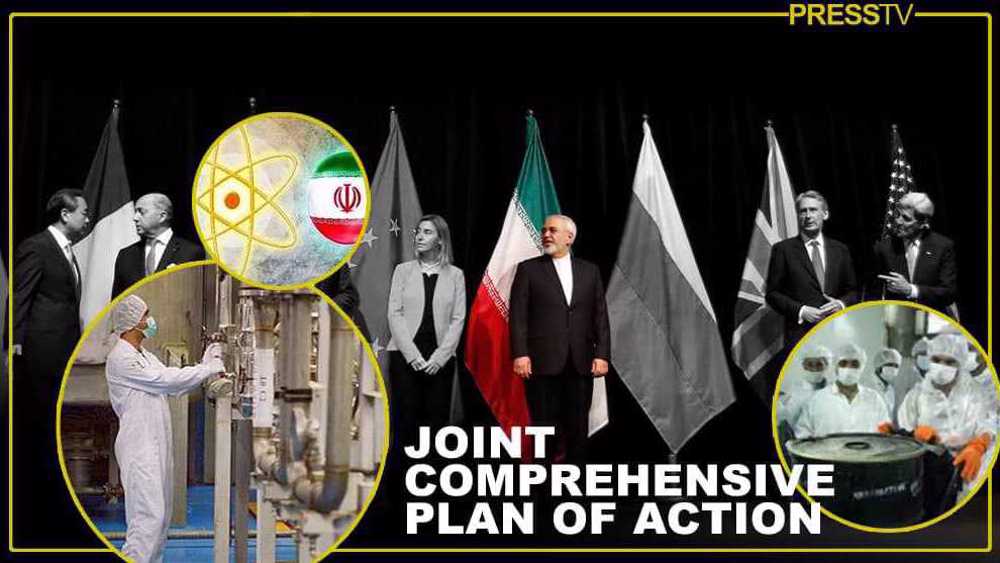
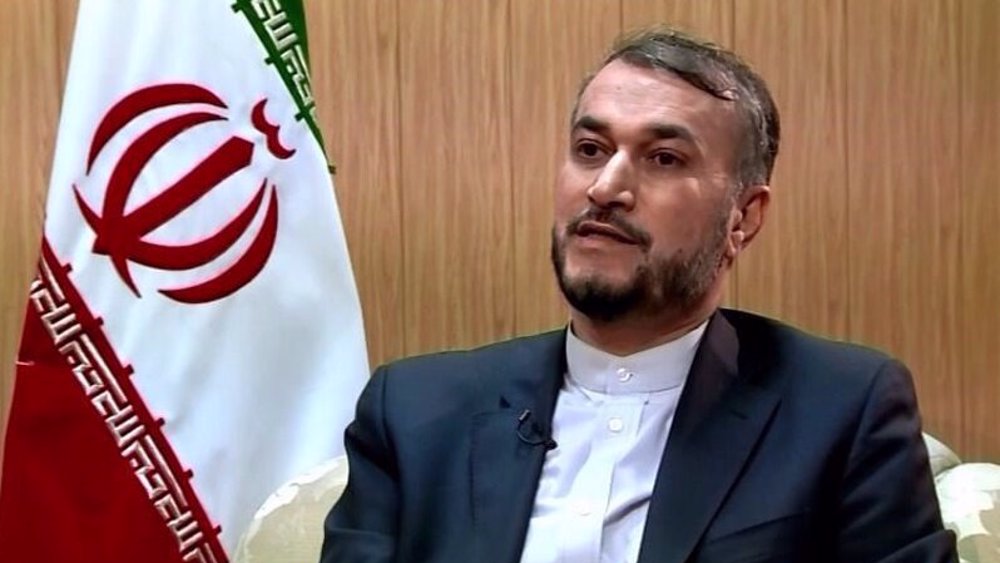

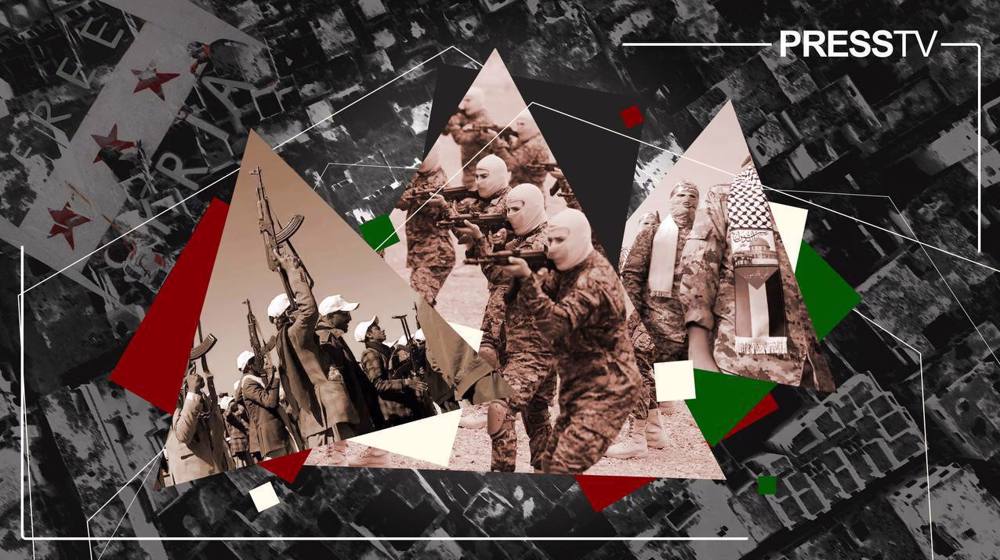
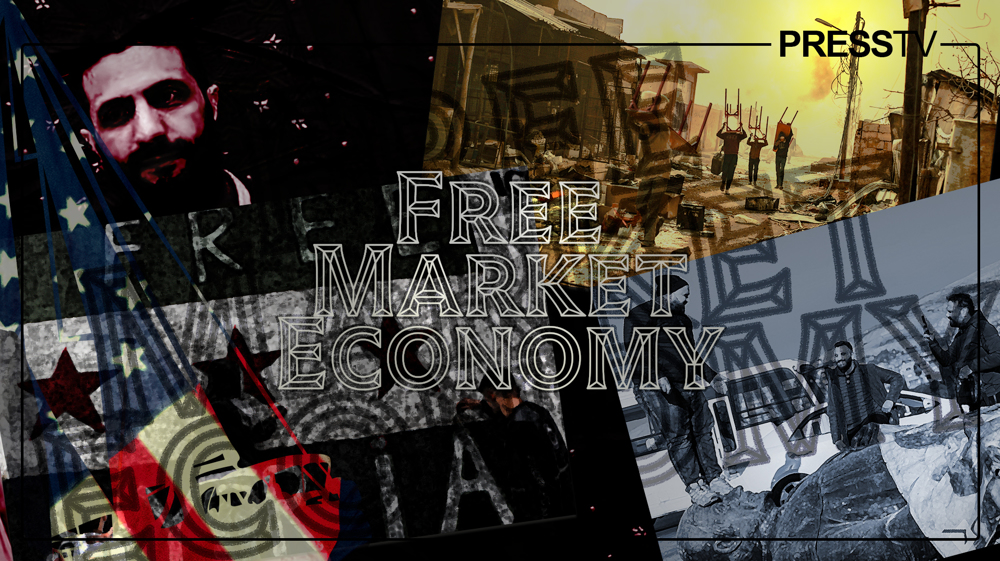



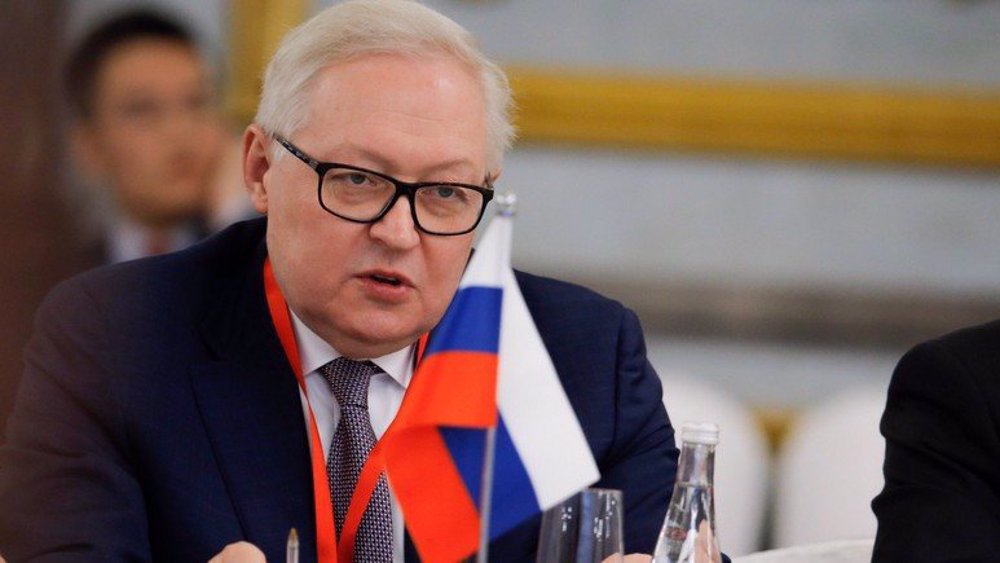
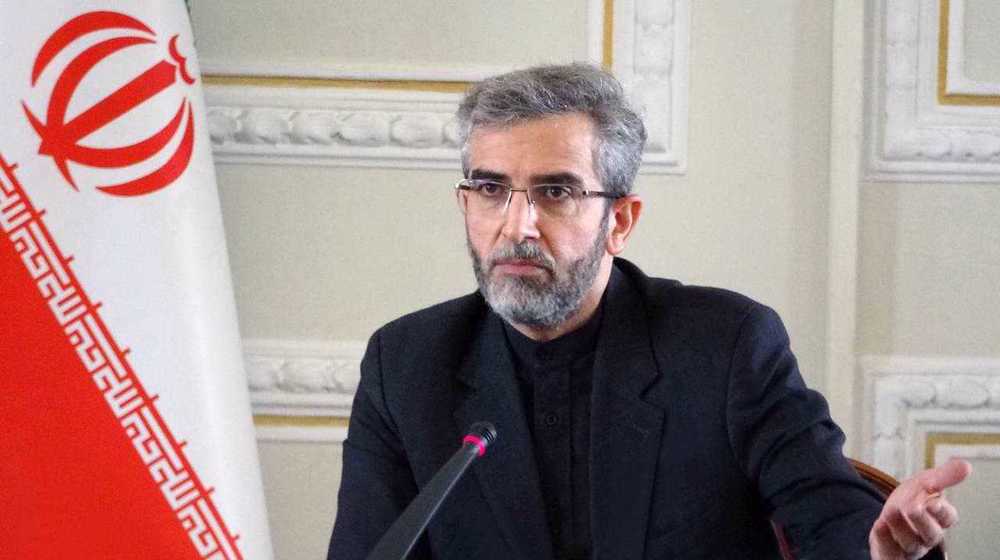
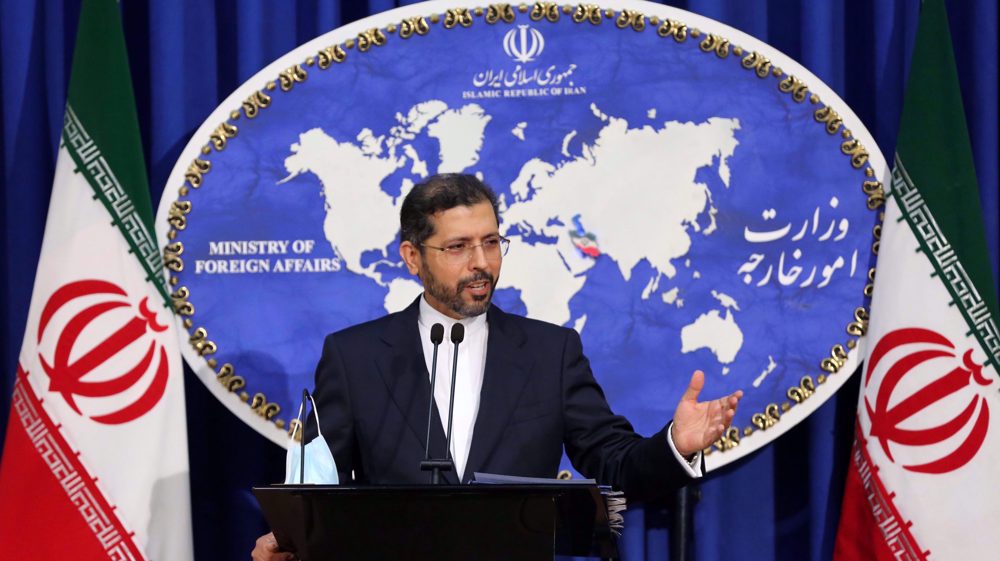
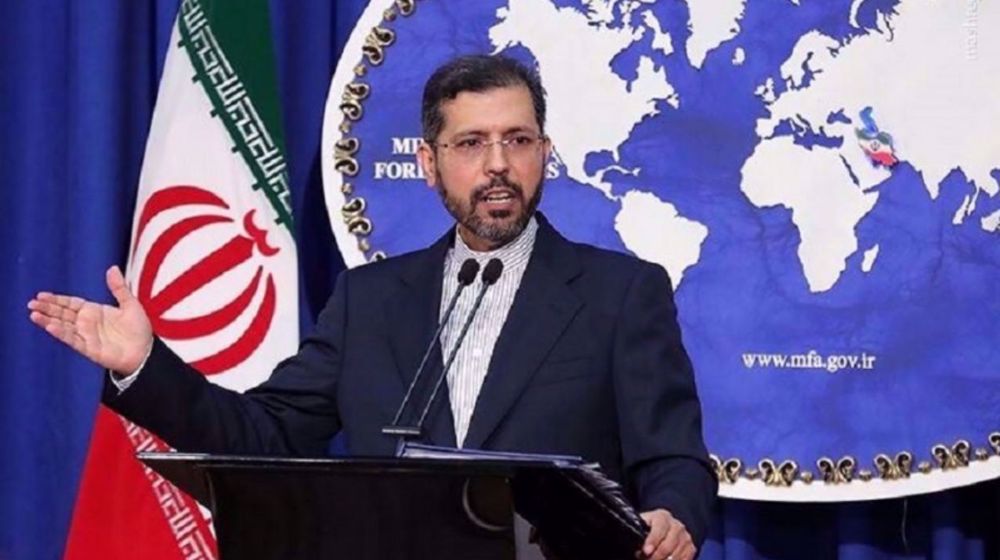
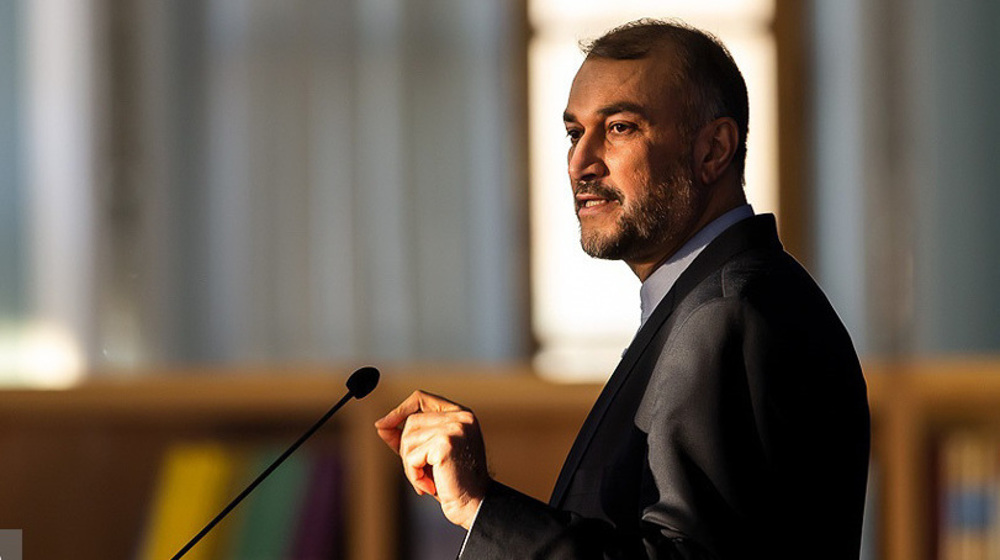
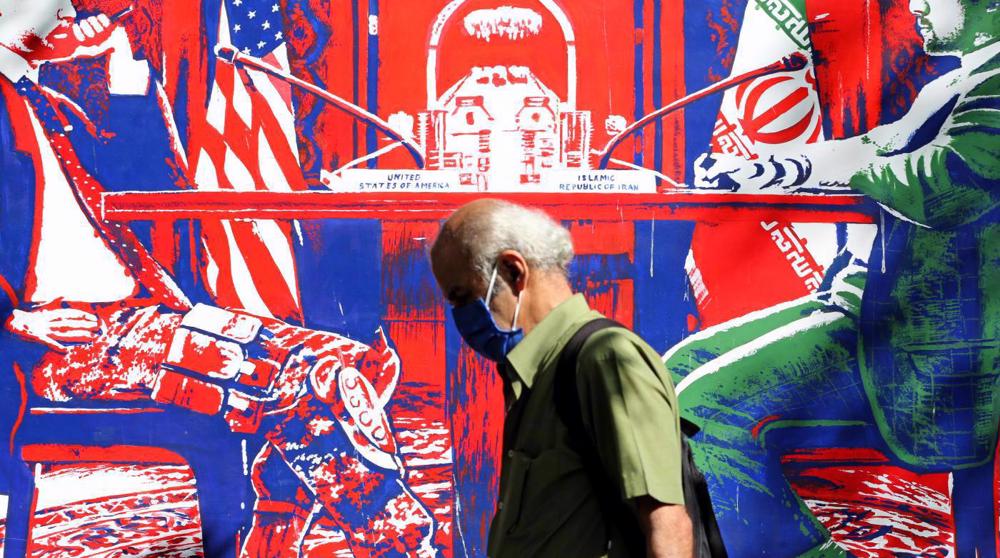

 This makes it easy to access the Press TV website
This makes it easy to access the Press TV website